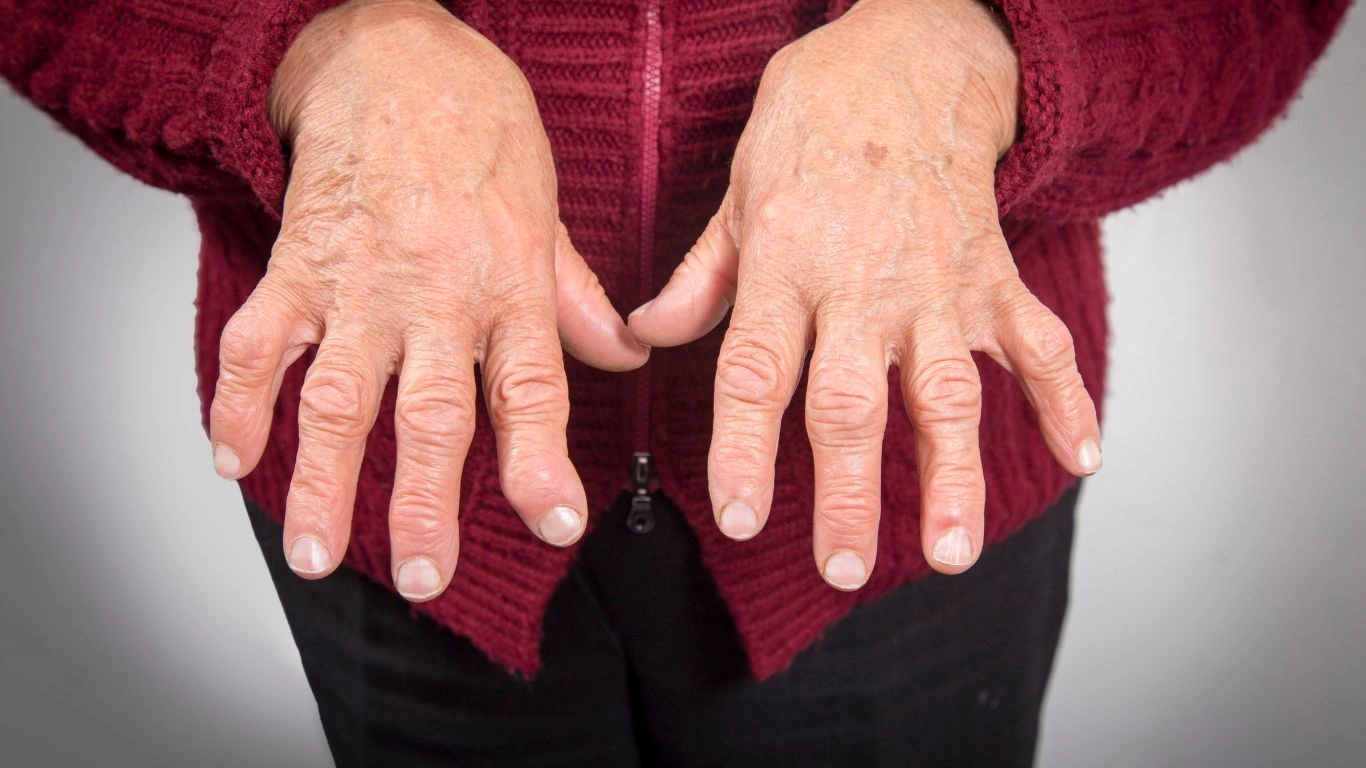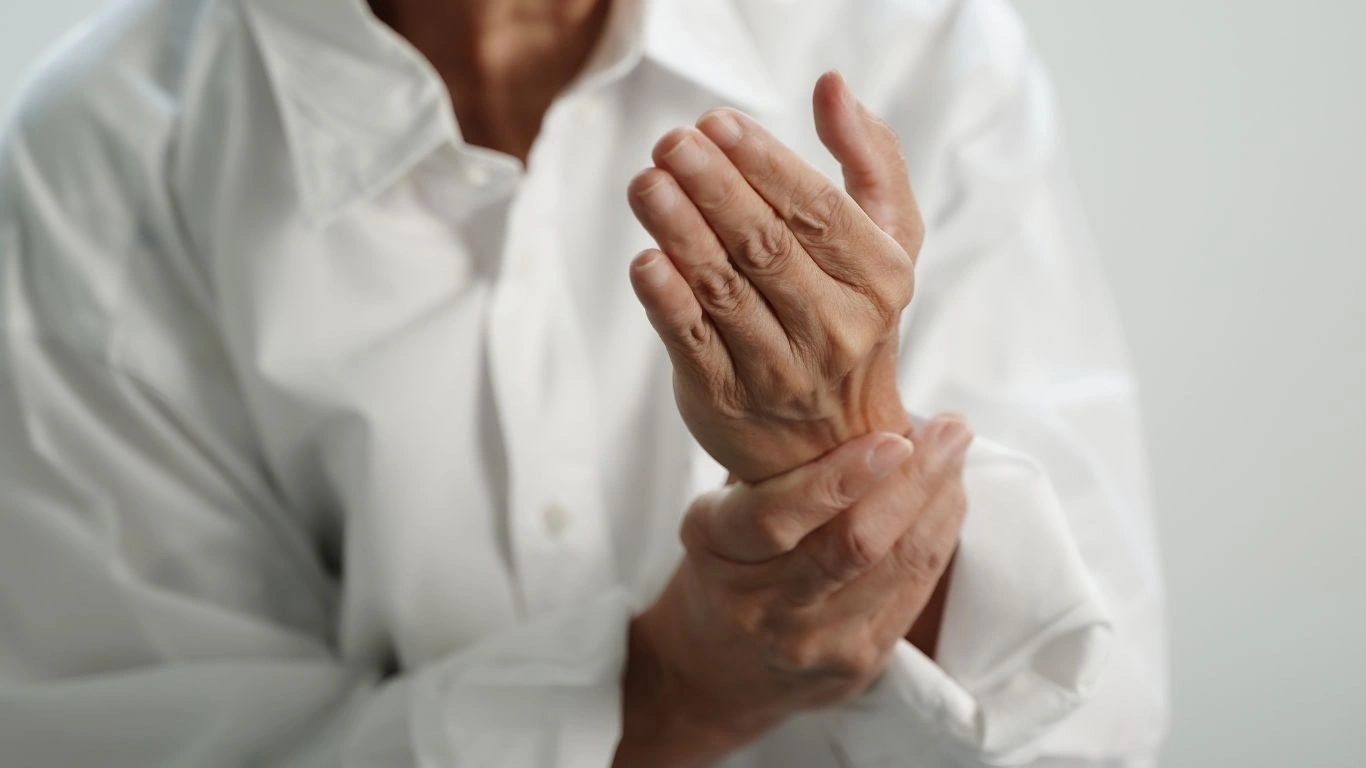Rheumatoid Arthritis and Alcohol Consumption: What You Need to Know
Wondering if alcohol and rheumatoid arthritis (RA) can mix? It’s a common question, and while the answer isn’t one-size-fits-all, we’ll break it down so you can make an informed decision about your drinking habits and joint health.
Dealing with rheumatoid arthritis (RA) can be a daily struggle, and adding alcohol into the mix raises some important questions. You might be wondering if a glass of wine or a beer is going to make your condition worse, or if it’s okay to enjoy a drink every once in a while. Let’s dive into what we know about rheumatoid arthritis and alcohol consumption, including how alcohol may impact inflammation, medication, and your overall RA management.
What Is Rheumatoid Arthritis?
RA is an autoimmune condition that causes inflammation in the joints, leading to pain, stiffness, and swelling. Over time, this can lead to joint damage and other complications if not managed properly. People with RA often follow specific treatment plans, including medications that can help control inflammation and ease symptoms.
How Alcohol Affects Inflammation
When it comes to rheumatoid arthritis, the relationship between alcohol and inflammation is a bit tricky. On one hand, moderate alcohol consumption has been shown to have anti-inflammatory effects in some studies. But on the other hand, drinking too much can have the opposite effect, potentially worsening inflammation and joint pain.

Moderate drinking—think a glass of wine or a beer—might not be a problem for some people with RA. But heavy drinking? That’s a different story. Excessive alcohol can increase your risk of flare-ups and interfere with your body’s ability to fight off inflammation.
Alcohol and RA Medication: A Complicated Relationship
If you’re on medications for RA, particularly disease-modifying antirheumatic drugs (DMARDs) or biologics, alcohol consumption could complicate things. Some medications can interact with alcohol, leading to more serious side effects. For example, methotrexate, one of the most common drugs used to treat RA, can have toxic effects on the liver when combined with alcohol.
If you’re taking medications like methotrexate or nonsteroidal anti-inflammatory drugs (NSAIDs), it’s a good idea to check with your doctor about alcohol. Your healthcare provider can give you personalized advice based on your treatment plan.
RA Symptoms and Alcohol
For some people with RA, alcohol can be a trigger for worsening symptoms. While alcohol doesn’t directly cause RA, it can exacerbate the symptoms, especially during a flare-up. Alcohol can also affect your mood and energy levels, which are already influenced by RA itself. So, drinking may make you feel more sluggish or down, which can impact your overall quality of life when you’re already dealing with chronic pain.
Drinking in Moderation: Is It Safe?
The key here is moderation. For most people with RA, a moderate amount of alcohol won’t necessarily make things worse. The general recommendation is to stick to one drink per day for women and up to two drinks for men. But of course, everyone’s body is different, and what works for one person might not work for another.
If you’re unsure whether alcohol is right for you, try keeping track of how you feel after drinking. If you notice that alcohol seems to trigger more pain or make your symptoms worse, it may be best to cut back or avoid it altogether.
The Role of Lifestyle Choices in RA Management
Managing RA isn’t just about taking medication; it’s about adopting a healthy lifestyle. Eating well, staying active, and managing stress are all key components of keeping RA under control. Alcohol can be part of that lifestyle in moderation, but it’s important to be mindful of your overall health. For some people, reducing alcohol consumption can actually improve their symptoms and help them manage inflammation better.

Other Things to Consider
- Bone Health: RA and alcohol can both impact bone health. RA itself can lead to bone loss, and excessive alcohol can make things worse by decreasing bone density. So, if you’re dealing with RA, it’s important to consider bone-strengthening activities like weight-bearing exercises, and to be cautious with alcohol.
- Social Aspects: For many people, drinking is part of social gatherings. If you have RA, it’s perfectly okay to enjoy a drink with friends or family, but you may want to think about the long-term effects. Setting limits for yourself or opting for a low-alcohol option can help keep you in control without putting your health at risk.
- Your Body’s Response: Everyone’s experience with RA is different. Some people find that alcohol doesn’t have a noticeable effect on their symptoms, while others may experience flare-ups or increased pain after drinking. Keeping track of how your body responds can give you more insight into how alcohol affects you personally.

Conclusion
So, can you enjoy a drink with rheumatoid arthritis? The short answer is yes—moderation is key. Pay attention to how alcohol affects your symptoms, stay mindful of your medications, and always check with your doctor if you’re unsure about potential interactions. With the right approach, you can still have a social life while managing RA effectively.

Appendices
References
- Smith, J., & Taylor, L. (2023). Alcohol and Inflammatory Diseases: A Comprehensive Review. Journal of Rheumatology, 45(2), 132-140.
- American College of Rheumatology. (2024). Alcohol Use in Rheumatoid Arthritis: What You Need to Know. ACR Annual Report.
- National Institute of Arthritis and Musculoskeletal and Skin Diseases (NIAMS). (2025). Managing Rheumatoid Arthritis: A Guide for Patients.
FAQs
- Can alcohol worsen rheumatoid arthritis symptoms? Yes, for some people, alcohol can trigger flare-ups or make existing symptoms worse. It’s best to pay attention to how your body reacts after drinking.
- Can I drink alcohol if I’m on methotrexate? Methotrexate can be hard on the liver, and alcohol can increase this risk. It’s a good idea to check with your doctor before drinking if you’re on this medication.
- What’s the recommended amount of alcohol for someone with RA? Moderation is key. Generally, it’s okay for women to have one drink a day and men up to two, but everyone’s body responds differently.
- Can alcohol interact with biologics for RA? Yes, alcohol can interact with some biologic drugs, potentially increasing the risk of side effects. Talk to your doctor about alcohol use if you’re on biologics.
- Does alcohol affect bone health in RA? Both RA and alcohol can contribute to bone loss, so it’s important to manage both to protect your bones. Make sure to focus on bone-strengthening activities and calcium-rich foods.
Disclaimer:
The information provided in this article is for educational purposes only and should not be considered medical advice. Always consult with your healthcare provider or a specialist about your specific situation, including the effects of alcohol on your rheumatoid arthritis treatment and symptoms.
Individual needs may vary, and professional guidance is crucial for personalized care.

Tarra Nugroho is a dedicated Nurse Practitioner with a strong foundation in family and preventive care. She brings both compassion and clinical expertise to her practice, focusing on patient-centered care and health education. As a contributor to Healthusias.com, Tarra translates medical knowledge into clear, empowering articles on topics like women’s health, chronic disease management, and lifestyle medicine. Her mission is simple: help people feel seen, heard, and informed—both in the clinic and through the content she creates. When she’s not caring for patients, Tarra enjoys weekend hikes, plant-based cooking, and curling up with a good health podcast.







